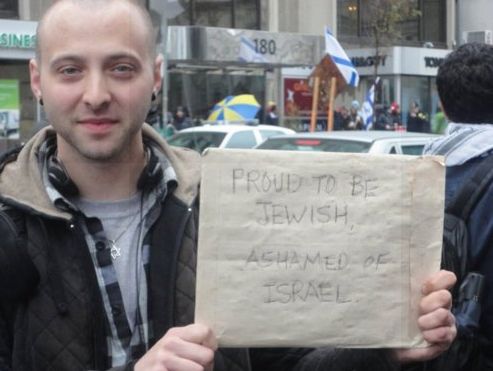In the eyes of many observers, Israel has never had more than the pretense of being a democracy, but for some of its most ardent supporters, even that pretense is becoming difficult to uphold.
David Ellenson and Deborah Lipstadt write: When Palestinians murdered worshipers in a west Jerusalem synagogue at morning services on Nov. 18, one of the first Israeli policemen on the scene was Zidan Saif, a member of the minority Druse religious community. He played a key role in stopping the assault and was murdered as he did so. The entire nation took note of his sacrifice. Israelis, among them many ultra-Orthodox and President Reuven Rivlin, turned out in droves for his funeral as a sign of respect and gratitude. Now the Israeli Knesset is poised to consider a bill which would demean this man’s standing as an Israeli citizen.
It is with sadness that we write these words. We are both staunch supporters—indeed lovers—of the state of Israel. We rejoice in the fact that we have lived there for extended periods. We consider Israel to be central to our own self-understanding and identity as Jews.
It is precisely because of that love that we find ourselves so alarmed by the Israeli cabinet’s support last week for a proposed basic law called “Israel, the Nation-State of the Jewish People.” Prime Minister Benjamin Netanyahu said he is intent on introducing this proposed bill to the Knesset. The lawmakers may take an initial vote in the next few days; if the bill passes this first stage, it will be sent for mark-up and two more rounds of voting, but its essential effect is unlikely to be altered: The law would formally identify Israel as the nation-state of the Jewish people, enshrine Jewish law as a source of inspiration for legislation, and delist Arabic as an official language. It pointedly fails to affirm Israel’s democratic character.
The proposed legislation betrays the most fundamental principles enshrined in the Israeli Declaration of Independence, which promises “complete equality of social and political rights to all its inhabitants irrespective of religion, race, or sex and will guarantee freedom of religion, conscience, language, education, and culture.”
Such a bill would certainly concern, if not inflame, Israel’s Arab citizens. However, it also is a cause of concern for countless Jews in Israel and throughout the world who are committed to Israel as a democratic state devoted to human rights and equality. [Continue reading…]

